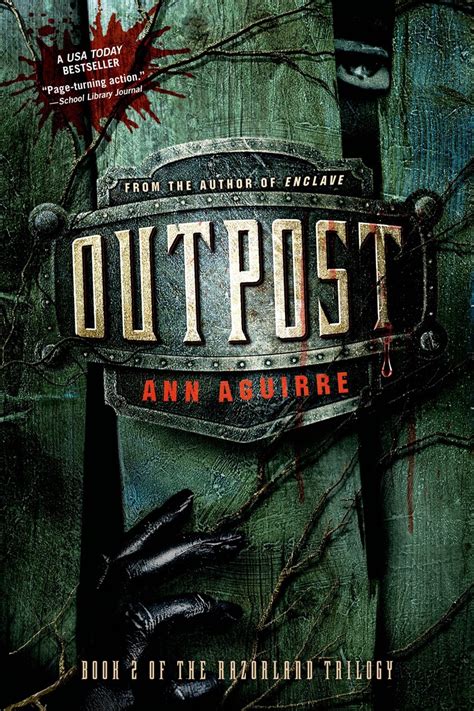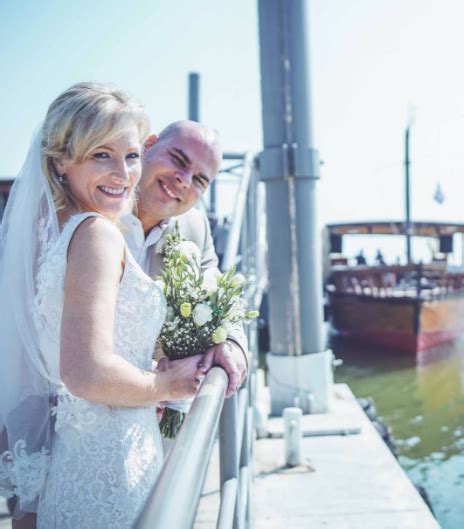A Quote by Doug Liman
I populated 'The Bourne Identity' with real characters from American history, specifically characters from the Iran-Contra affair, which my father ran the investigation of. But at the heart of it was a fictional character.
Related Quotes
When you're training as an actor, a lot of the big work you're learning is to treat fictional characters like real people. You don't have the problem of discovering a backstory with real people, but there's always a mystery which is common to both fictional and factual characters. They are never quite the person you think they are.
For a while, I was feeling like I was always playing characters that weren't specifically Korean or specifically Asian, even - that they were characters who were originally written white, and then they would cast me. And I used to consider that a badge of honor because that meant I had avoided stereotypes.



































